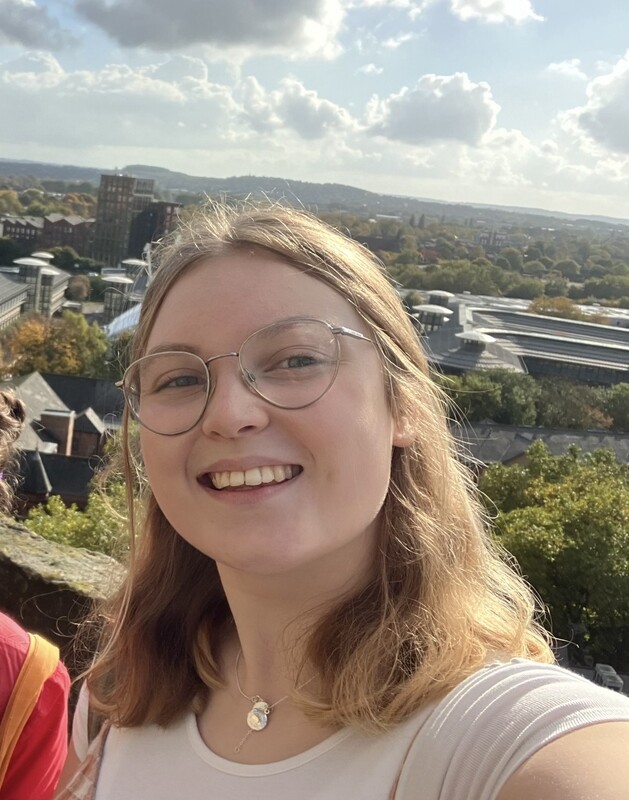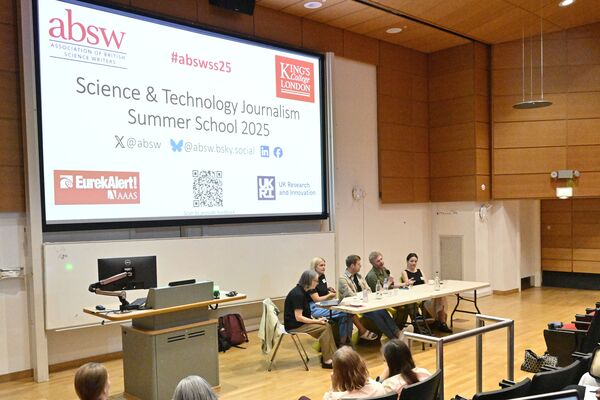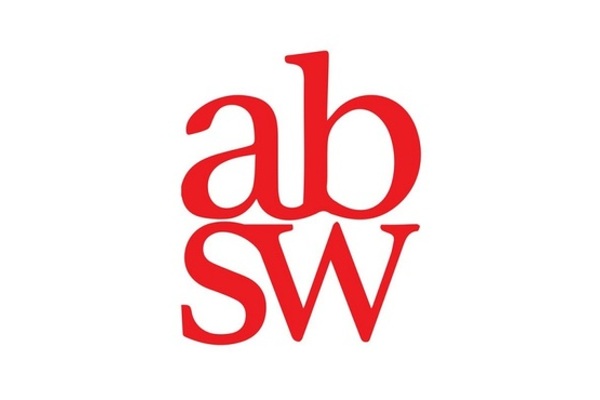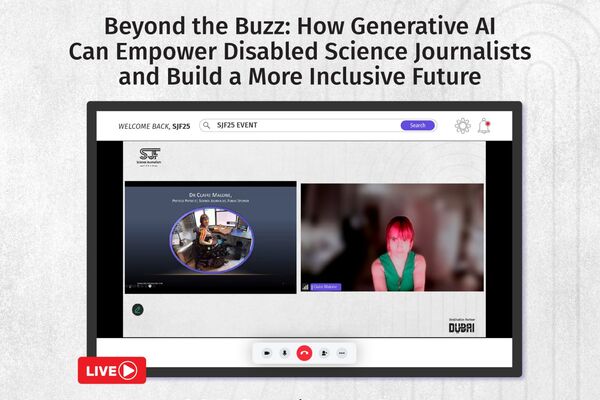Photo: Panel discusses different career paths at ABSW Summer School 2025. Credits: Mark Lewis Photography
'It's never too early to get your foot in the door' is some of the best early career advice I've been given and is what inevitably led me to the ABSW Summer School 2025 last month. A great day consisting of eight workshops on a massive range of topics from interviewing researchers to pitching and even becoming a science youtuber; perfect for a student looking for some insight into the world of science writing.
Alongside the workshops, there was plenty of time to network with peers, journalists and editors. Although you might not be looking to pitch or discuss article ideas, it was a perfect opportunity to ask about people's career paths, get advice on starting out and ask questions that you’ve had no one else to ask. It can be (and was!) really reassuring to hear how many different routes people had taken to get where they are now and to get a clearer picture of what is to come in achieving a career you aspire to.
Throughout the day, I collected some fantastic advice from the panels, workshops and individuals I spoke with.
Formal training isn't necessary
Don't feel like you have to take a master's or other course in science communication to start your career; there are plenty of opportunities to train on the job. Don't let this stop you from taking a higher education course, though; they can open plenty of doors and give you a chance to grow your style and voice.
Future-Proof yourself as a writer
Media consumption is changing, and you have to change with it; get comfortable with creating videos and talking on camera alongside writing articles and don't be afraid to use new tech (responsibly!) to help you.
Don't be afraid to look silly
You can't be an expert on every topic you write about; that’s why we talk to the researchers and scientists in the field. If you don't understand something, ask; it's likely your reader won't know either.
Grow your relationships
News stories can be hard to find, but having connections and relationships with relevant people makes this easier! Start networking early so when the time comes, that person you need is just a phone call away – think about contacting local communication officers or managers at universities and scientific institutions; they can let you know what research and researchers you might be interested in.
Remember your audience
Whether it’s pitching or the scientific jargon in your article, remember who your article is aimed at. Editors are looking for you to know the audience of their journal or magazine; you can show this in the content of your articles, as well as how scientific they are – think the average reader of Nature vs. the Daily Mail!
So, how do you do this as a student?
Well, first things first: stay updated with science news! You can't know the audience of a specific journal or the best place to pitch a certain article idea when the time comes if you aren't in the know with the media outlets around you. It also gives you the chance to see different journalists' styles to help influence your writing.
Secondly, get writing! Just because you aren't quite taking the step into full-time journalism doesn't mean you can't start now. Start creating a portfolio of your writing and clips you can use to show editors, to give them a sense of your work. You can also look into publishing some articles; see if your university (or institution) has a student newspaper, or have a look at local papers and magazines to get your work into.
Finally, network! Your relationships can be the key to opportunities, and it's never too early to start growing them. If it's attending an ABSW event, like their summer school, or talking to the communication teams at your university, getting your name (and face) out there can be a great help in the future.

Jessica Lewis is an undergraduate student at the University of Nottingham studying for a BSc in Physics and Philosophy. She writes for the science column of the university’s newspaper, Impact, with a particular interest in technology, space, and the intersection of science and society.
Jessica was awarded a Diversity Scholarship 2025.










